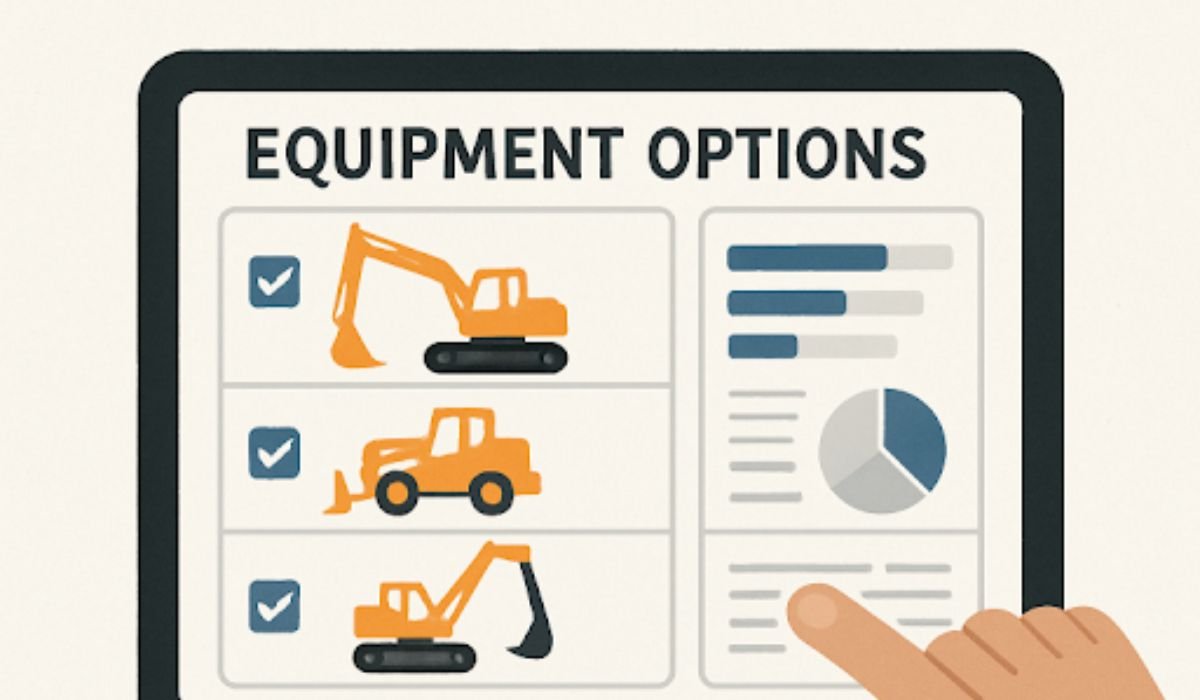When planning and preparing for PTE online courses, particularly if you are taking the PTE Core exam, taking notes is the most underrated aspect of the preparation. Most commonly, it is either seen as a subjective decision or a tip for beginners.
However, writing notes is helpful for everyone to create a structured study plan. Alongside, it helps in retaining the main concepts when answering listening, reading, writing, and speaking sections.
If you are going for the PTE core exam in the upcoming month and are unsure about how to start, this blog will guide you through the best note-taking skills. Our purpose is to help you achieve great success in your preparation which will ultimately translate into greater results.
1. Choose the Right Tools
Pick the right tool for building a habit of note-taking. Whether you prefer traditional pen and paper or digital devices, make sure that your tool matches with your learning style. Plus, it must be convenient for you to write study plans, concepts, and other things regarding PTE online courses easily. Here are some options:
Traditional:
Notebooks, index cards, coloured pens.
Digital:
Laptops, tablets, note-taking apps (e.g., Evernote, OneNote, Notion).
Online apps make it simpler to organise ideas than turning pages, have search bars to find important notes, and come with features like audio recordings and images.
2. Develop a Note-Taking Method
Organising and reviewing notes starts with maintaining the correct structure instead of just writing down the sentences in lines or paragraphs. Some popular methods include:
Cornell Method:
Divide your page into three sections: a narrow left column for cues, a wider right column for notes, and a summary section at the bottom.
Outline Method:
Use bullet points and indentations to organise information in order.
Mind Mapping:
Visualise the main idea and write in the centre and branches for related topics.
Choosing any of the above methods ultimately depends on what you like to learn for PTE Core listening, writing, reading, or speaking skills. You can use the same technique while answering questions during the exam.
3. Be Selective
Taking notes doesn’t mean transcribing everything you hear or read. Focus on key concepts, important details, and anything that directly relates to the PTE Core exam sections. Use abbreviations and symbols to save time and space. For instance, use “w/” for “with,” “b/c” for “because,” and arrows to indicate relationships between ideas.
4. Use Visual Elements
Use visual diagrams like charts, diagrams, and tables into your notes. It is said that you learn better when you learn from creativity. Visual diagrams help in understanding complex information and retaining it better. For example, create a table to compare different tenses in the English language. You may also choose to illustrate the structure of an essay or create a template to keep the ideas in mind.
5. Review and Revise Regularly
Regularly reviewing and revising your PTE Core notes is essential for enhancing what you are learning. Set aside time each week to go over your notes, highlight key points, and add any additional information. This practice helps you to assure yourself about the preparation for the exam
6. Summarise Key Points
At the end of each study session, whether you are self-studying or taking PTE Core classes, take a few minutes to summarise the key points in your notes. Writing a brief summary forces you to process and retain the information. It also makes it easier to review important concepts later.
7. Practise Active Listening and Reading
Active listening and reading are critical for effective note-taking. When attending a lecture or reading a text, focus on understanding the main ideas and supporting details. Ask questions, make predictions, and connect new information to what you already know. This active engagement enhances comprehension and makes your notes more meaningful.
8. Organise Your Notes
Organise notes on different topics or sections of the PTE Core exam. Use folders, dividers, or tags to categorise your notes systematically. For digital notes, create separate notebooks or sections for different subjects. An organised note system saves time when you need to review specific topics and ensures that you can easily locate important information.
9. Use Examples
Examples are powerful tools for understanding and remembering concepts. Include relevant examples in your notes to illustrate key points. For instance, when noting down grammar rules, add example sentences. When studying vocabulary, write down sentences that use the new words. Examples provide context and make abstract concepts more meaningful.
10. Use Different Colours
Colour-coding your notes can enhance organisation and make important information stand out. Use different colours for headings, subheadings, and key points. For example, use red for important dates, blue for definitions, and green for examples. This visual distinction helps in quickly locating specific information and makes your notes more visually appealing.
11. Stay Organised
Keep your study area and materials organised. A clutter-free workspace enhances focus and productivity. Regularly clean up your study area, and ensure that all your note-taking materials are easily accessible. An organised environment reduces distractions and helps you concentrate better.
12. Leverage Technology
If you’re using digital tools, take advantage of their features to enhance your notes. Use hyperlinks to connect related notes, add audio recordings for verbal explanations, and insert images or screenshots to illustrate concepts. Digital tools also allow you to share notes with study partners and collaborate on group projects.
13. Seek Feedback
Share your notes with peers or instructors and ask for feedback. Instead of skimming through feedback, try to identify how you can improve and refine your note-taking techniques. Learning from others’ perspectives can provide new insights.
Final Words
Effective note-taking is a vital skill for PTE Core preparation, especially for non-native English speakers. By choosing the right tools, developing a consistent system, being selective, using visual aids, and regularly reviewing and revising your notes, you can confidently enhance your learning experience.
Additionally, summarising key points, practising active listening and reading, organising your notes, using examples, colours, staying organised, leveraging technology, engaging in regular practice, and seeking feedback will further improve your note-taking abilities. Choose English Wise to create a comprehensive and efficient study plan that will help you excel in the PTE Core exam. Amongst their PTE online preparation courses, the experts will guide you with effective skills to ace the scores.











